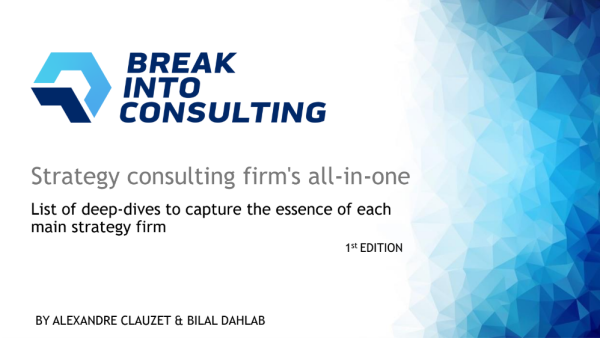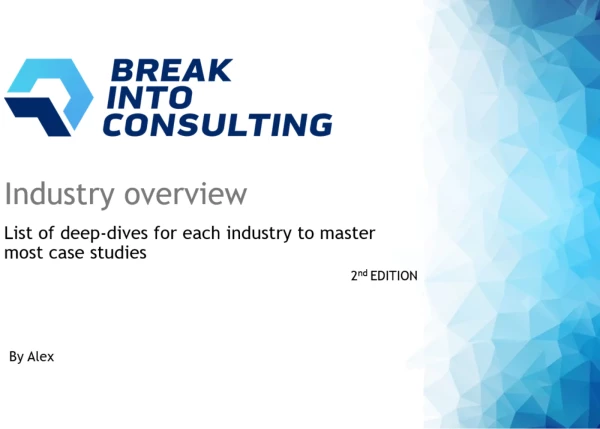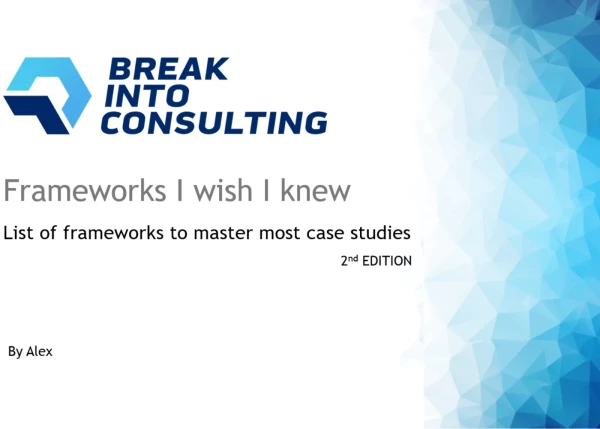Hi,
I will be starting at BCG in a few months.First, thank you so much for this platform, I met great casep rep partners that ultimately helped me get the offer!
I was wondering if you guys had any tips and advice for new starters (I'm going in as experienced hire)
1) Before starting
-Any books your recommend to read
-Any skills to brush up on
-Networking with people in the office and asking for some coffee chat?
-...
2) After starting
-Any thing you wished you would have known when you first started?
-Not rushing into the first project... taking time to know the teams on each project before picking (if there is a choice..)
Thank you for your help!!








